Outdoor skills are often overlooked in our modern society, but they are extremely important for survival and well-being. These basic abilities, such as finding edible plants, clean water, and building shelters from natural materials, are more than just survival tactics for extreme situations. They also show how humans can adapt to our environment and prove our resourcefulness in dire situations.
Mastering these skills can also improve your financial resilience. When you learn how to meet basic needs through nature, you become less reliant on buying goods and services. This not only reduces your cost of living but also shifts your perspective on what you truly need versus what you want. It encourages a frugal lifestyle that values sustainability and self-reliance.
Outdoor Survival Skills that Can Benefit Your Wallet
Surviving in the wild or during emergencies depends on your skills and knowledge. But these skills must also have practical value in your everyday life to be truly beneficial. Here are some essential outdoor survival skills that can also save you money, including:
Shelter Building
In a situation where you need immediate protection from the elements, shelter-building skills become a necessity. You can use branches, leaves, and other things you find around to craft a shelter, just like building a fort. It’s not just about having a roof over your head; it’s about staying warm, dry, and safe. And when the weather becomes harsh, like in extreme cold or heavy rain, you might need to make a fire nearby for extra warmth and cooking.
The ability to adapt and create different types of shelters, from simple to more complex, is a must. Knowing how to make do with limited resources may also become necessary to avoid frostbite, hypothermia, and even dangerous wild animals that could be lurking in the dark. This skill can also help you stay safe and avoid spending money on expensive camping gear.
Outdoor Knowledge About Extreme Weather Events
It can be easy to take our modern conveniences for granted, until a natural disaster strikes. Extreme weather events, such as hurricanes, tornadoes, and wildfires, can cause expensive damage to properties, which could result in loss of electricity or, worse, home destruction. Being well-informed about weather patterns and disaster prevention is a valuable element of prepping that every survivalist must understand. Outdoor knowledge can help you stay one step ahead of these natural disasters and avoid costly repairs to damage.
Understanding weather patterns also helps you make informed decisions about protecting your property and family. For example, you can reinforce your home, secure outdoor belongings, and prepare for necessary evacuations. Doing so reduces the potential financial and health impacts of these devastating events. Insurance costs can also be more reasonable when you’ve taken steps to safeguard your property before any disaster happens.
Fire Starting
Since the beginning of humanity, fire has been a crucial part of our survival and entertainment. It isn’t just for toasting marshmallows; it’s your all-purpose tool. It’s your source of warmth, water purifier, chef, and even your comforting friend when times get tough.
Understanding how to start a fire using various methods, like rubbing sticks together or using a nifty fire starter, is like learning different magic tricks. It’s about being resourceful and adaptable. By mastering this skill, you become less reliant on costly camping stoves, matches, or fuel canisters, which can become costly.
Water Procurement
Imagine being in the wilderness with no tap water in sight. You’ll have a better chance of surviving if you know how to find, purify, and store water. You can learn to identify clean sources in streams, lakes, and even rainwater.
However, these sources can be challenging to navigate; some are safe to drink, and some are not. That’s where your water-purifying magic comes in. You can boil water, use chemicals, or even carry your tiny water purifier – just like having a filter in your magic wand.
Collecting and storing rainwater is another option, and it could be a money-saving, life-sustaining secret. With water procurement skills, you’ll never be thirsty and won’t have to spend a fortune on bottled water.
Foraging Skills
Foraging is a valuable skill that can enhance self-sufficiency and even help you save money on groceries. Here’s a more comprehensive look at foraging skills you need to know:
- Seasonal awareness: Understand the seasonal availability of different wild plants. Certain plants are best harvested in specific seasons, so timing is crucial.
- Sustainable harvesting: Practice responsible foraging by only taking what you need and leaving the rest to ensure the plants’ survival. Avoid harming the environment by respecting Mother Nature.
- Preparation and cooking: Once you’ve foraged for wild foods, you need to know how to prepare and cook them safely. Some wild plants can be toxic if not prepared correctly, so be careful before you serve them to yourself or your family.
- Safety and poisonous plants: Safety is paramount in foraging, so it is essential to recognize and avoid toxic or poisonous plants. Being unaware of these poisonous plants could lead to serious illnesses or even life-threatening situations.
- Medicinal Plants: Expanding your foraging knowledge to include medicinal plants can be a valuable addition to your skills. You can learn to treat minor ailments with wild herbs and plants.
By building a comprehensive understanding of foraging, you can reduce your reliance on store-bought food, save money on medicinal treatments, increase your self-sufficiency, and save money while enjoying the bounty of what nature has produced. It can also provide you with peace of mind, knowing that you are able to take care of yourself or loved ones during emergencies.
First Aid
Having basic first aid knowledge is one of the best skills you can learn to survive in the wilderness. You can clean wounds, apply bandages, and care for injuries. Additionally, when medical help is far away, you can still provide immediate assistance to yourself or others.
You can prevent minor injuries from becoming major medical bills by knowing how to heal them. Being prepared with first aid knowledge ensures that you can respond effectively to health emergencies, avoiding costly trips to the emergency room.
Using Nature as Your Compass
Navigating in the great outdoors without the aid of modern technology is a valuable skill for any prepper. Using nature’s cues can help you find your way, even when GPS and maps are not available or too expensive to obtain. Here are some essential techniques for natural navigation:
- Solar navigation: Learn to determine direction using the sun’s position in the sky. This knowledge can help you find your way during the day and find the help you need.
- Celestial navigation: Discover how to use constellations and the moon’s phases to find North. The stars and the moon can guide you to find the help you need at night.
- Wind and weather patterns: Wind often blows in consistent directions, which can be a helpful clue for navigation. Understanding local weather patterns can also aid in predicting direction.
- Plant and animal clues: Certain plants and animals can be natural compasses. Familiarize yourself with species that indicate specific geographic features or water sources. For example, moss will typically grow north-facing, which can help you find your way out of a dense forest.
- Shadow stick method: Use a stick to cast a shadow and track its movement throughout the day. This technique can help you determine both direction and time.
- Water navigation: Bodies of water, such as rivers and streams, can be used as guides. Learning to follow or cross them can be a crucial skill for finding your way back to civilization.
You can confidently find your way through the wilderness by mastering these natural navigation techniques, even when traditional methods fail. Plus, mastering navigational skills can save you money on expensive navigation devices and data plans that are not available during life or death situations.
Building a Survival Community
Building a survival community is a vital aspect of prepping that is often overlooked. Outdoor knowledge can help you connect with like-minded individuals who share your interests in preparedness.
Survival communities offer several benefits, including shared resources, knowledge, and security. By collaborating with others, you can reduce the financial burden of prepping. Group purchases of bulk supplies can be more cost-effective, and shared skills can help everyone in the community thrive. This cooperative approach not only enhances your preparedness but also safeguards your wallet.
You can find these groups online or during in-person meetups that are happening all over the world. These relationships are crucial in sharing ideas and creating a community with like-minded individuals who share similar interests as you.
Outdoor knowledge is a hidden gem in prepping, often underestimated but extremely useful in survival situations. By delving into the realms of nature, understanding how to spot danger, harness the weather, foster community, and master the basics of survival, you’re not just saving money by preparing for emergencies– you’re also embracing self-sufficiency and securing your survival in the face of uncertainty.

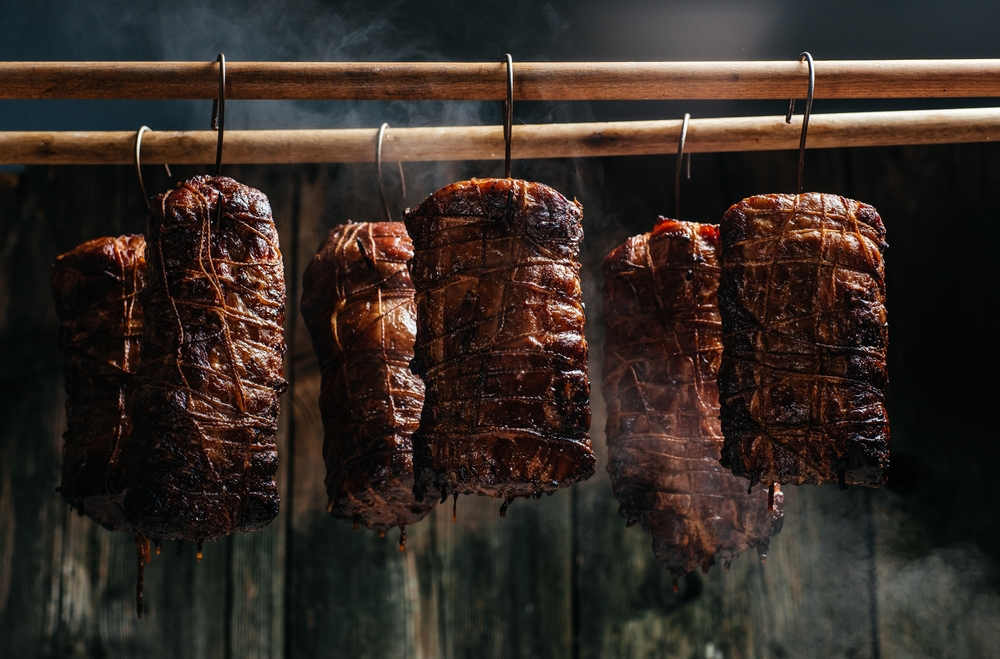

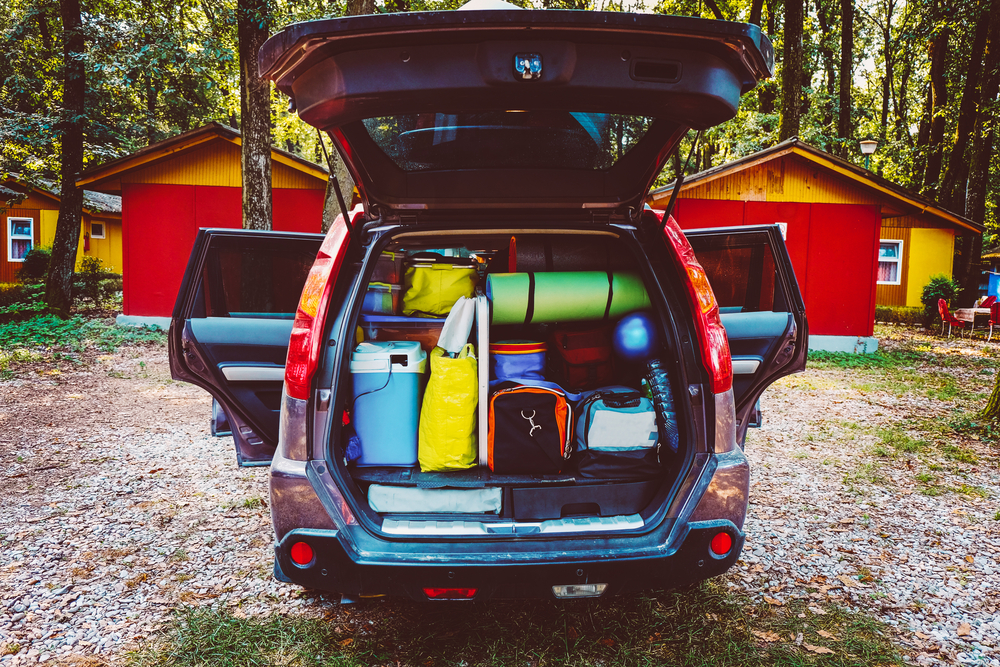
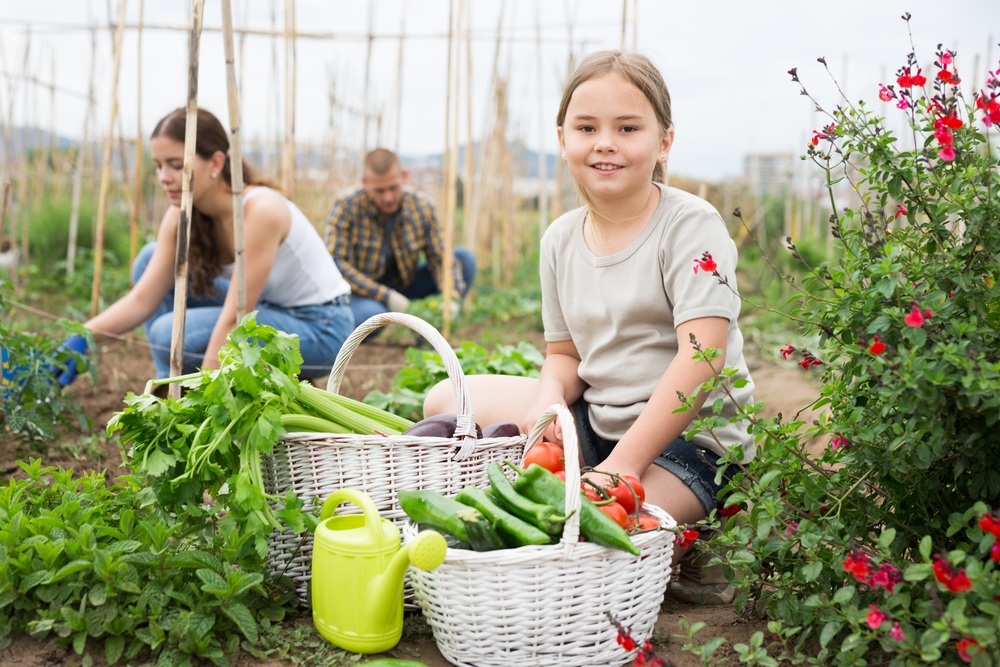

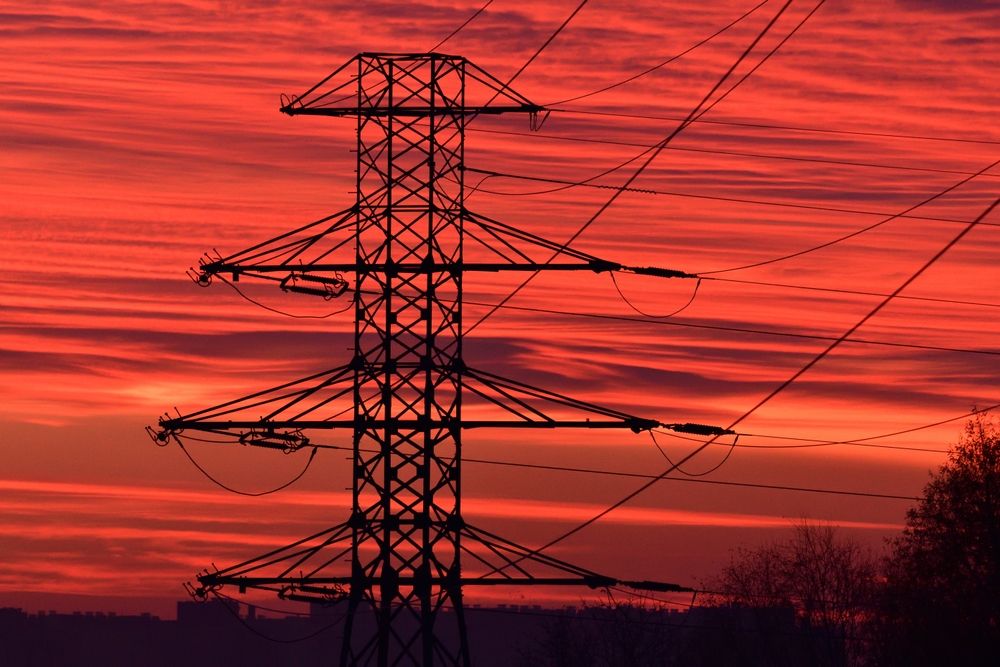












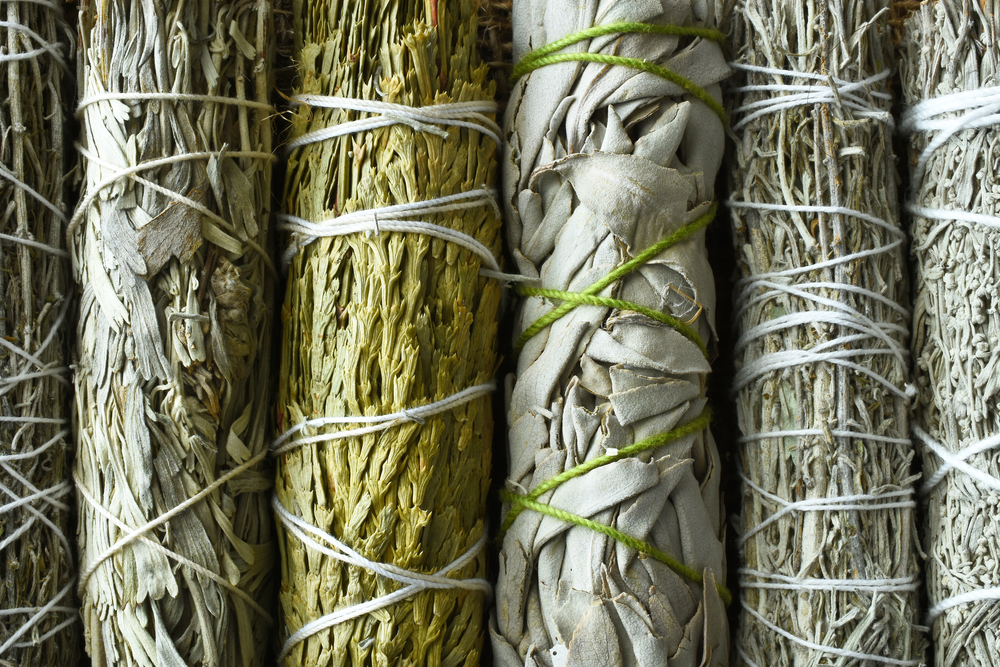
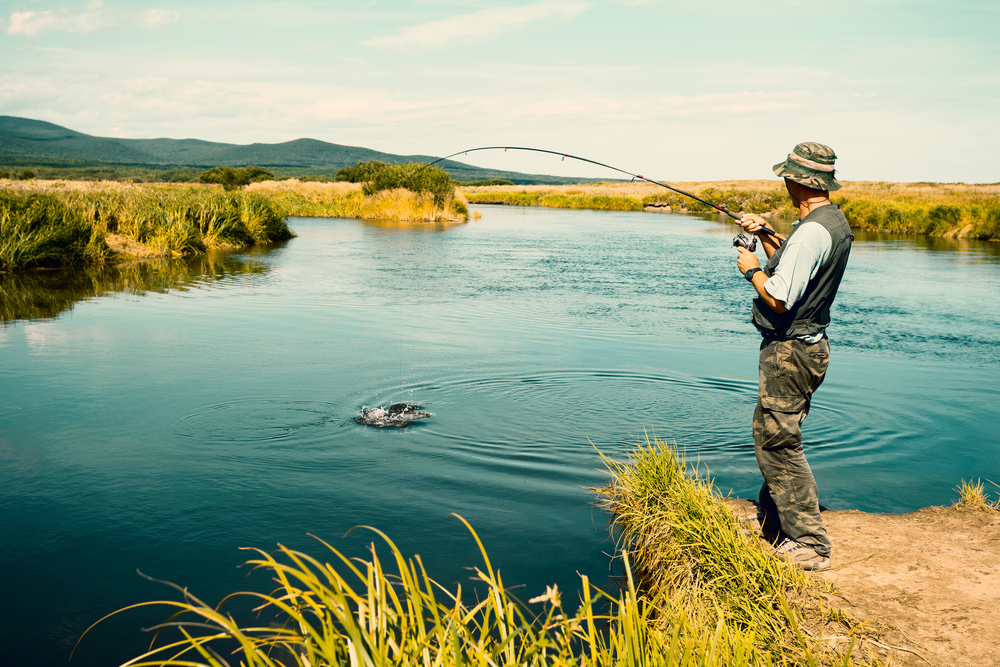
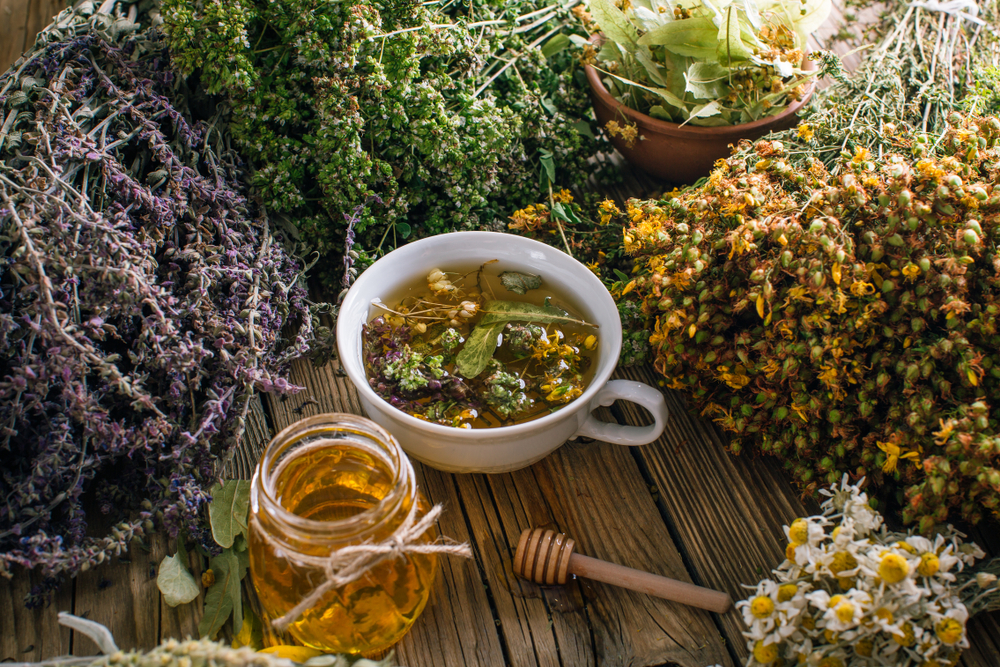

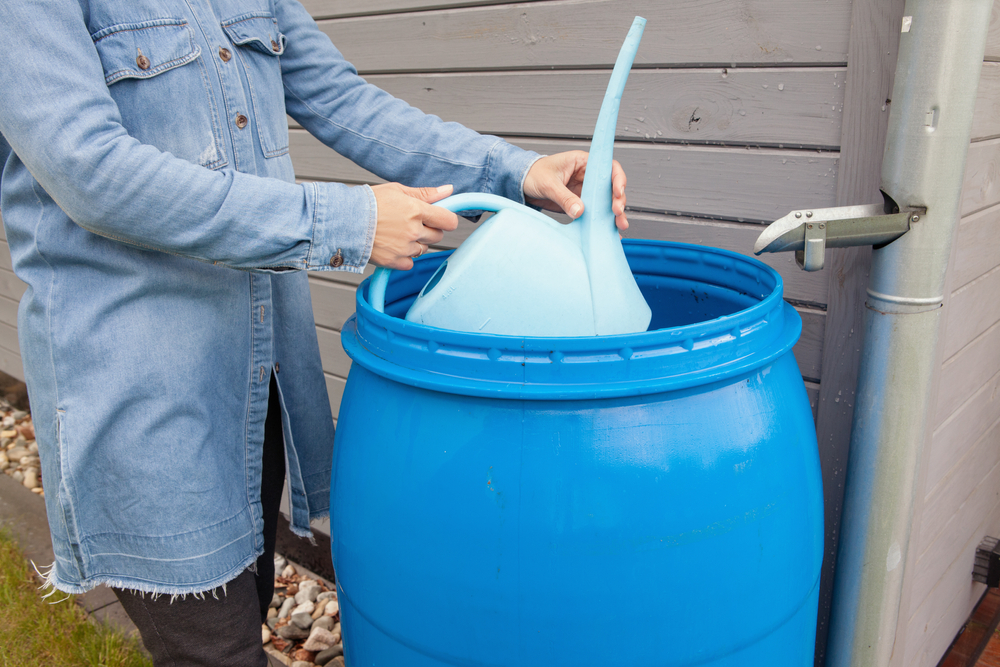
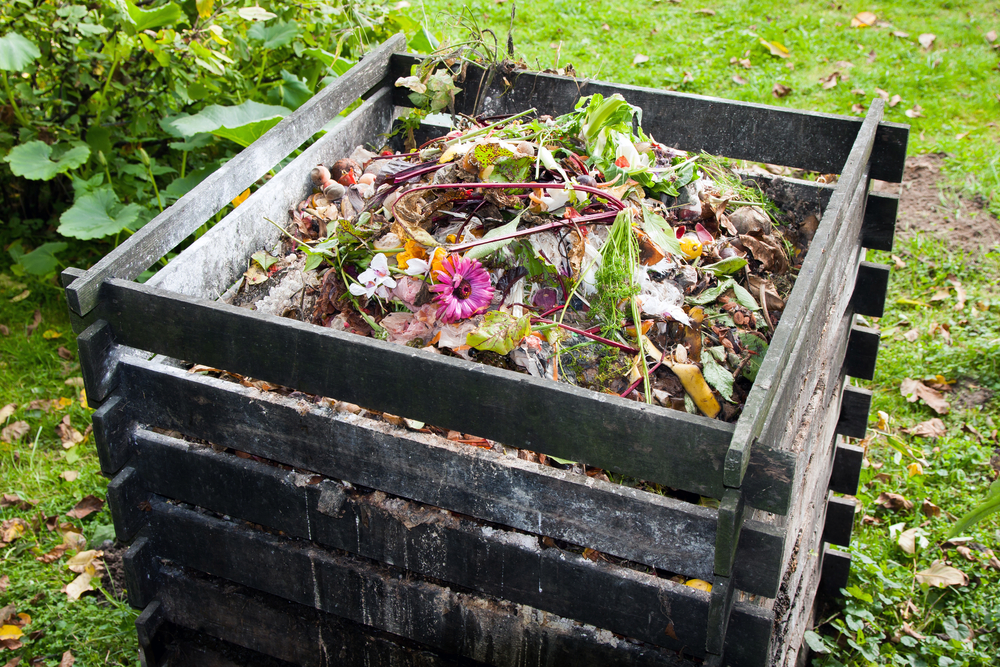
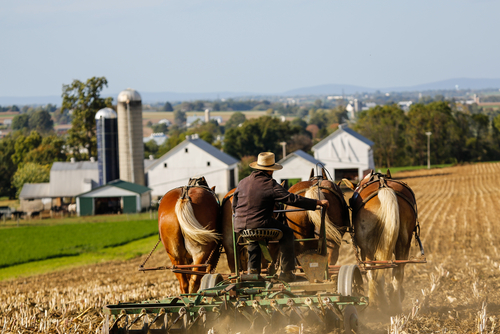
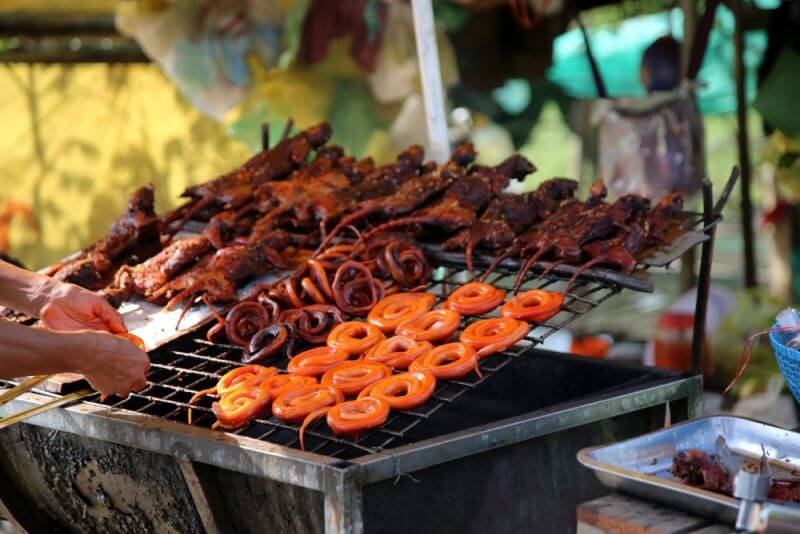

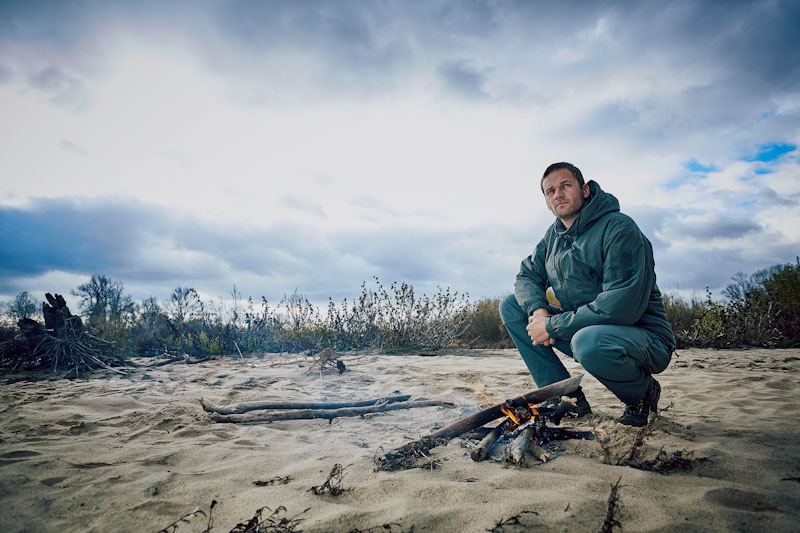






























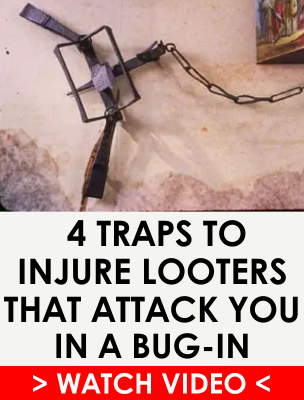











Careful with guides like these—they might seem helpful, but they’re also a way to track who’s preparing. It’s a collection of data on self-sufficient individuals. Be mindful about what you’re sharing and who you’re learning from. Always keep your most crucial skills and preparations to yourself.
A guide to outdoor knowledge? More like a guide to paranoia. You don’t need to become some wilderness guru to survive; you need to participate in and contribute to society. Skills are important, but let’s not act like civilization is about to collapse every other Thursday.
Spot on! It’s not about how much you spend, but how you spend your time. I’ve seen too many new preppers drain their wallets on gear they don’t know how to use. This guide gets back to the basics, emphasizing skill over stockpile. That’s real preparation without breaking the bank.
Bold Eagle is really “Spot ON!” Careful who you allow to know anything about your preps.
go to your local library and borrow a copy of the book. If they do not have ask them to request one or two copies for the library so you can check it out.